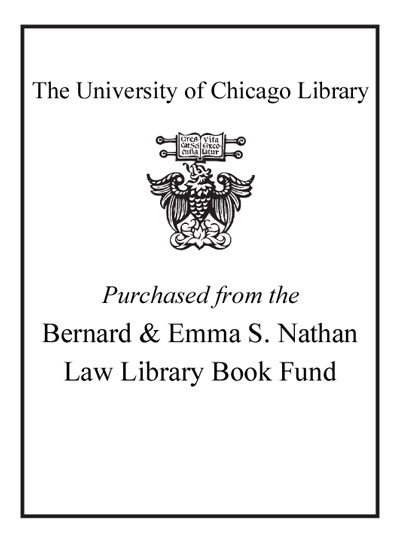| Summary: | "This book presents an interdisciplinary approach to definition of torture by bringing together behavioral science and international law perspectives on torture. ... It proposes a learning theory formulation of torture based on the concept of helplessness under the control of others and offers an assessment methodology that can reduce the element of subjectivity in legal judgments in individual cases. It also demonstrates how this formulation can help understand the nature and severity of ill-treatments in different contexts, such as domestic violence and adverse conditions of penal confinement. Through a learning theory analysis of 'enhanced interrogation techniques,' it demonstrates not only why these techniques constitute torture but also how they help us understand the contextual defining characteristic of torture in general." -- From the cover.
|
|---|

